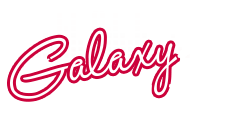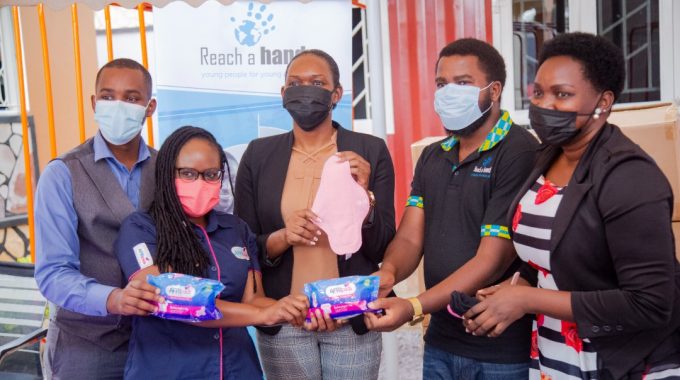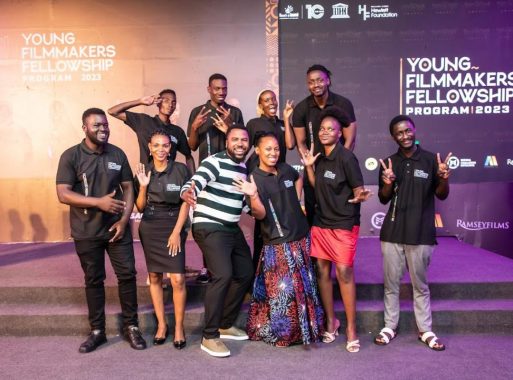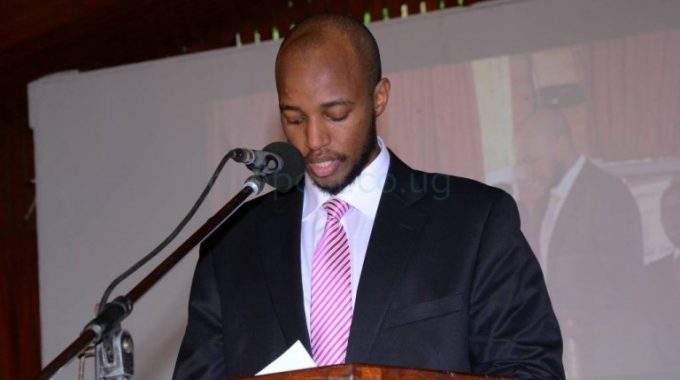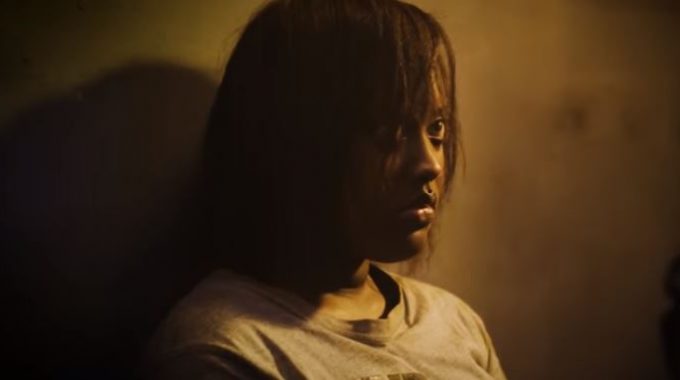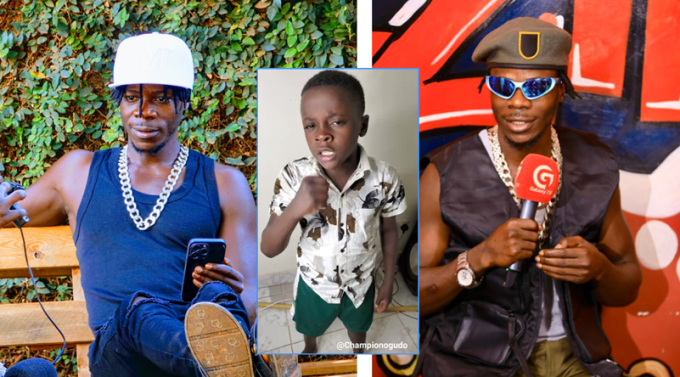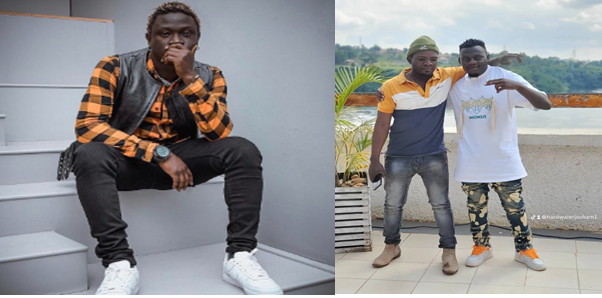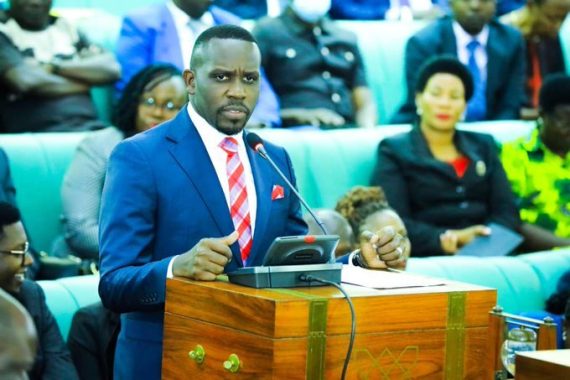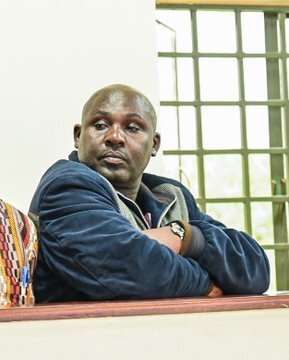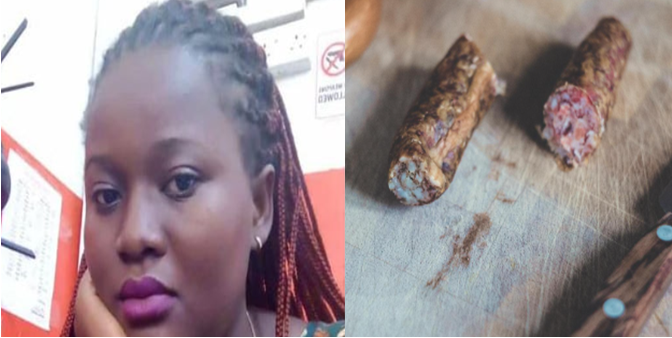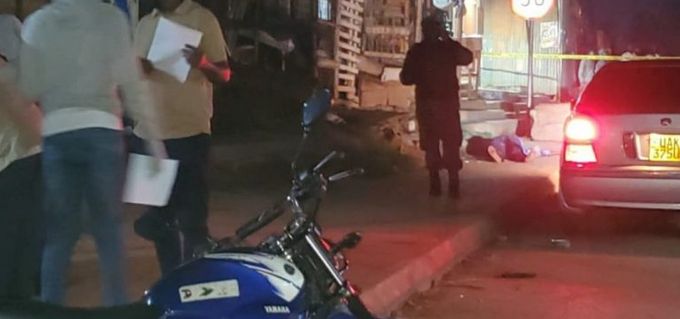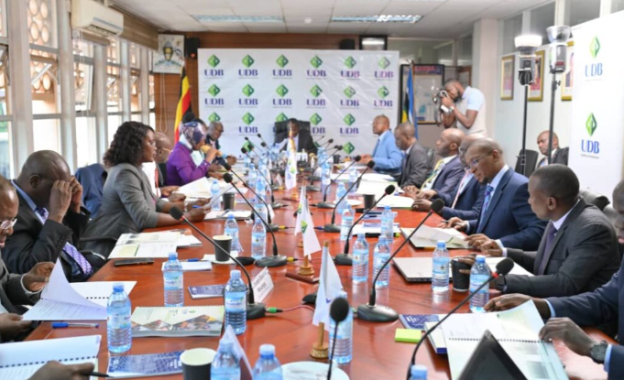Teenage mothers and girls benefit from AFRIpads in partnership with Reach A Hand Uganda and the National Women’s Council.
On 29 July 2021, over 800 teenage mothers and girls in Kasese, in the Rwenzori Region of South-western Uganda received an annual supply of Menstrual Kits. The distribution, which was undertaken by AFRIpads in partnership with Reach A Hand Uganda (RAHU), and the National Women’s Council (NWC) was in response to the NBS TV Special Investigation Report on “Sex for Pads,” in the Kasese district.
The AFRIpads Foundation, the charitable arm of AFRIpads, donated 800 schoolgirl Kits and Underwear worth over UGX 24,000,000. Through RAHU’S Kasese district-based peer educator network, the initiative supported the girls with basic Menstrual Health Hygiene (MHH) training as part of their Sexual Reproductive Health and Rights (SRHR) services. The NWC offered logistical support and delivered the donation to Kasese from the capital, Kampala.
Gertrude Emojong, National Marketing and Communications Lead, at AFRIpads, said: “On any single day during this health emergency, 800 million women and girls are menstruating while grappling with the unique challenges posed by a pandemic. When we heard about the increase in women and girls selling sex for pads in Kasese, we felt it was our responsibility as menstrual health advocates to do whatever we can to support.”
“The AFRIpads Schoolgirl kit has been developed through user-centered design in collaboration with school-aged girls, with the aim of creating a set of reusable pads that best meet the needs and preferences of this age group. We are passionate about enabling girls to overcome menstrual barriers so they can achieve their full potential.”
The distribution of the Menstrual Kits and Underwear, took place in 17 Health centers: Bugoye, Bwesumbu, Hima, Ibuga Refugee, Kabatunda, Karambi, Kasese Municipality, Katooke, Kinyamaseke, Kitswamba, Kyarumba, Muhindi, Muhokya, Mukathi, Mushenene, Nyabirongo, and Nyabugando.
Humphrey Nabimanya the CEO and Founder of Reach A Hand Uganda (RAHU) said;
“Our work as key players towards the wellbeing of young women and girls has to be prevalent now more than ever. The COVID-19 pandemic has had a major effect on the lives of vulnerable women and girls. To get back on track, addressing the fundamental gendered inequalities of the most vulnerable among us, especially young women and girls in Uganda is essential. Investing in menstrual health and hygiene, addressing menstrual stigma, and supporting sexual and reproductive health and rights of our young women and girls, is a good place to start. This is not just the work of government and civil society alone. We all have a key role to play.”
Hajjat Farida Kibowa, Chairperson, National Women’s Council, said during the donation; “As a mother and a woman leader of Uganda, it’s disheartening to hear that girls lack sanitary towels, and perpetrators have taken it as an advantage on their side to violate their rights by offering small money and defiling our young girls.
Lack of sanitary towels and little knowledge of SRHR has made our girls fall victims to these perpetrators and has led to sexually transmitted diseases, early pregnancies, and forced marriages. I call upon mothers of Uganda to take note that the lack of sanitary towels is a social risk to our girls being violated and thus they should indulge themselves in socio-economic activities that can increase household incomes which can help provide the needs of the family as sanitary towels to the girls. The women council leaders should take up the role of passing SRHR information to the girls and mothers to utilize the women council structures to tap into information for their benefits on social empowerment. This will help reduce the risks of our girls being violated.”
AFRIpads has been a pioneer of Menstrual Health and Hygiene (MHH) in Uganda since the organization’s inception in 2010. It has grown beyond locally manufacturing reusable sanitary pads in Masaka, Uganda to providing a complete MHH solution that includes products, an MHH Education Toolkit, and a comprehensive Data Collection Toolkit. To date, they have reached over 3.5 million women and girls and employ over 150 women in its factory in Masaka.
Sapiosexual & Ambivert

